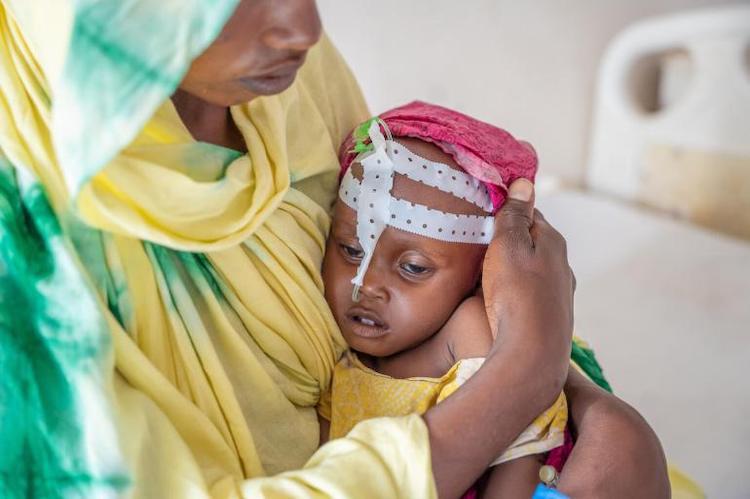
UNICEF Warns of Funding Shortfall in The Face of Drought
By Devendra Kamarajan
NAIROBI (IDN) — UN Children’s Agency UNICEF has urged the international community to “commit to responding now for what might hit the Horn of Africa” in 2023, “and in the years to come”.
UNICEF Deputy Regional Director for Eastern and Southern Africa Lieke van de Weil said on December 22: “We need a global effort to mobilize resources urgently to reduce further devastating and irreversible damage to children in the Horn of Africa. We must act now to save children’s lives, preserve their dignity and protect their futures.”
In 2022, UNICEF and partners reached nearly two million children and women with essential life-saving health care services, vaccinated almost two million children between the ages of 6 months and 15 years against measles, and provided safe water for more than 2.7 million people for drinking, cooking, and personal hygiene.
UNICEF’s 2023 emergency appeal of US$759 million to provide life-saving support to children and their families will require timely and flexible funding support, especially in the areas of education, water and sanitation, and child protection, which were severely underfunded during UNICEF’s 2022 response.
An additional US$690 million is required to support long-term investments to help children and their families to recover and adapt to climate change.
According to UNICEF, the United Nations International Children’s Emergency Fund, the number of children suffering dire drought conditions across Ethiopia, Kenya and Somalia has more than doubled in five months, according to
Around 20.2 million children are now facing the threat of severe hunger, thirst and disease, compared to 10 million in July, as climate change, conflict, global inflation and grain shortages devastate the region.
“While collective and accelerated efforts have mitigated some of the worst impact of what had been feared, children in the Horn of Africa are still facing the most severe drought in more than two generations,” UNICEF Deputy Regional Director for Eastern and Southern Africa, van de Weil.
“Humanitarian assistance must be continued to save lives and build the resilience of the staggering number of children and families who are being pushed to the edge—dying from hunger and disease and being displaced in search of food, water and pasture for their livestock.”
Nearly two million children across Ethiopia, Kenya, and Somalia are currently estimated to require urgent treatment for severe acute malnutrition, the deadliest form of hunger.
In addition, across Ethiopia, Kenya and Somalia:
- More than two million people are displaced internally because of drought.
- Water insecurity has more than doubled with close to 24 million people now confronting dire water shortages.
- Approximately 2.7 million children are out of school because of the drought, with an additional estimated 4 million children at risk of dropping out.
- As families are driven to the edge dealing with increased stress, children face a range of protection risks – including child labour, child marriage and female genital mutilation (FGM).
- Gender-based violence (GBV), including sexual violence, exploitation and abuse, is also increasing due to widespread food insecurity and displacement.
Thanks to the generous support of donors and partners, UNICEF continues to provide life-saving services to children and families across the Horn of Africa, while preparing for further shocks, building resilience and strengthening key services. [IDN-InDepthNews – 25 December 2022]
Photo: On 27 October 2022 in Puntland, Somalia, 1-year-old Aisha Mohamed is held by her mother, Isniino Ali, while being treated for severe acute malnutrition at Garowe General Hospital Stabilization Centre. Credit: UNICEF/UN0750315/Ekpu VII Photo











